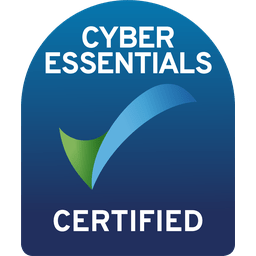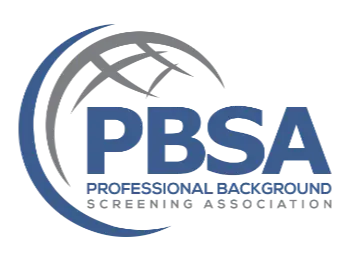If you work in education, you’re probably aware that the new statutory guidance from the Government, aimed at ‘Keeping children safe in education’ comes into force on 1st September this year. The guidance document outlines the process for Safer Recruitment and explicitly states which checks are required for new members of staff. The purpose behind this new guidance is to underline the fact that everybody working in a school or college is responsible for safeguarding their students, and one of the best ways you can do this is to ensure that the right people are recruited in the first place. You may not have time to read all 177 pages, and may not have noticed that hidden away in the Shortlisting part of the process is the following:
“In addition, as part of the shortlisting process schools and colleges should consider carrying out an online search as part of their due diligence on the shortlisted candidates. This may help identify any incidents or issues that have happened, and are publicly available online, which the school or college might want to explore with the applicant at interview.”
You may be unaware that thousands of organisations in the UK are already doing these online checks, for very good reasons. Our university-backed research clearly shows that the way that an individual behaves online has a high correlation with how they behave in the workplace. Online checks can highlight individuals whose behaviour wouldn’t meet your standards and requirements.
Here is some of the feedback that we get from our clients:
“These checks have become an absolutely fundamental part of our recruitment process”
“It’s a bit like an insurance policy — you can’t lie about what’s out there”
“Carrying out online checks means that we’re safeguarding the risk of reputational damage to our business”
Not all things that work in the commercial world are relevant for the education sector, but this one certainly is — as our clients in the sector will testify. If you’re a private school or college, then reputational damage can be very costly and greatly affect fee income. You probably will also know, that costs for replacing an unsuitable member of staff can be significant.
The required ‘Single central record’ for each member of staff could easily include an online check, which can be renewed as and when required, much like a DBS certificate. Whilst the government are not, yet, mandating these checks, they have now recognised the value of online checks and asked for them to be considered as part of the process.
Our own study into the number of social media-related incidents that universities and colleges have had to deal with shows that this guidance is well placed. Incidence of lecturers and other staff falling foul of their own guidelines and policies is on the increase. Estimated costs run into the millions every year and a large proportion of this is most likely to be easily preventable with a 3rd party professional search.
So maybe you should consider joining in with your fellow educators and ensure you’re safeguarding your reputation and the safety of your students and get in touch today.


